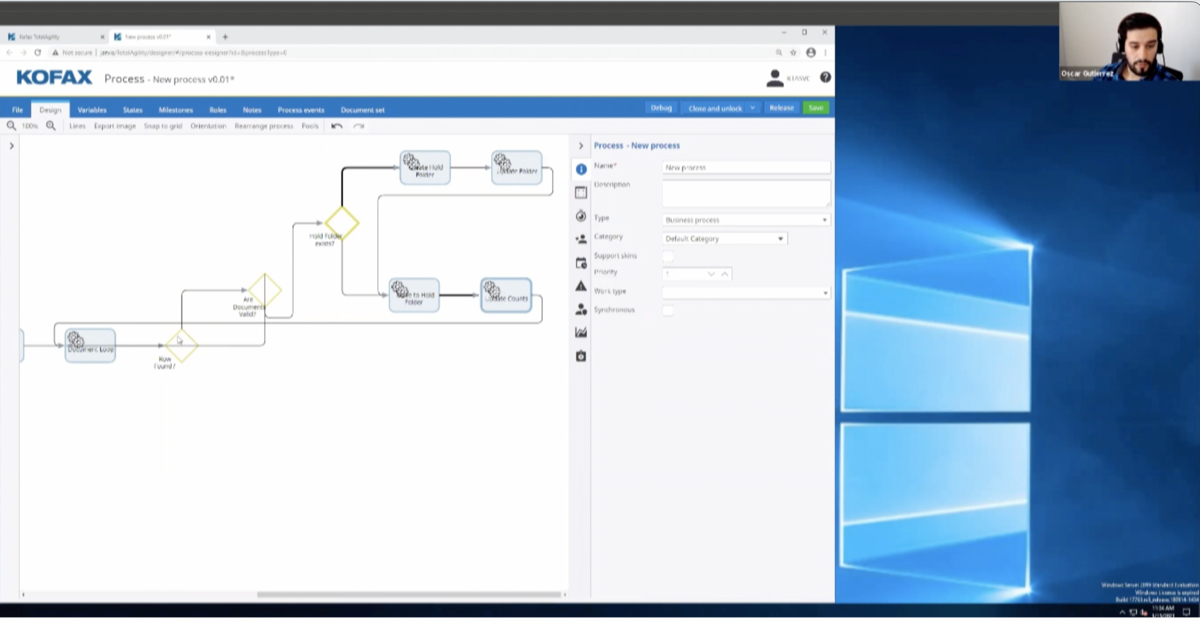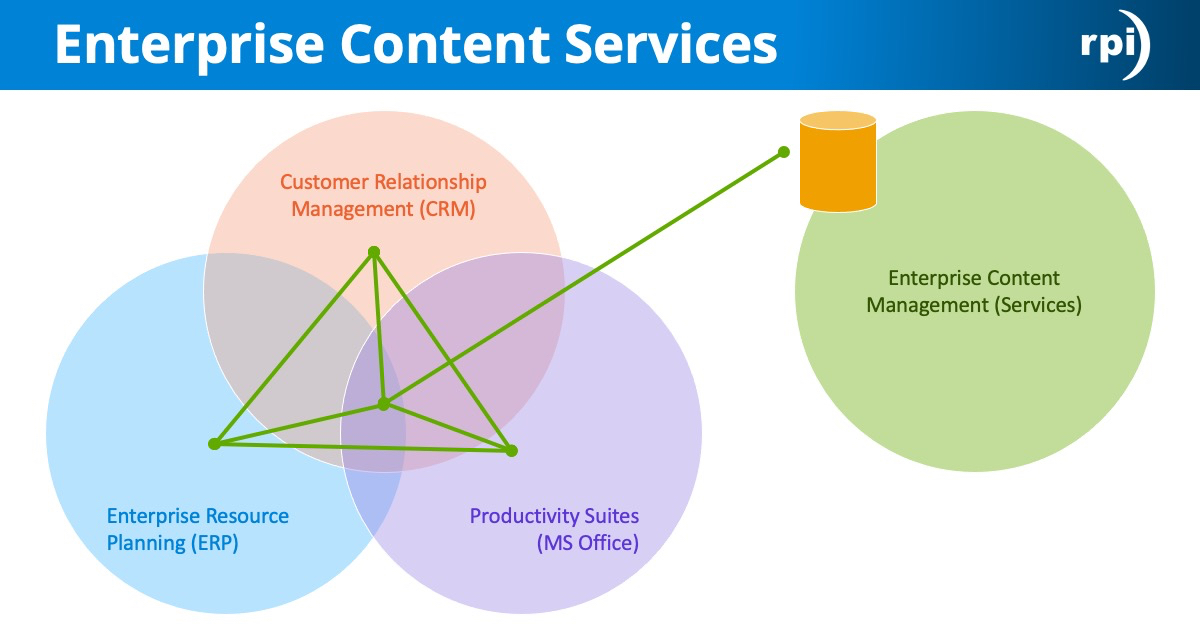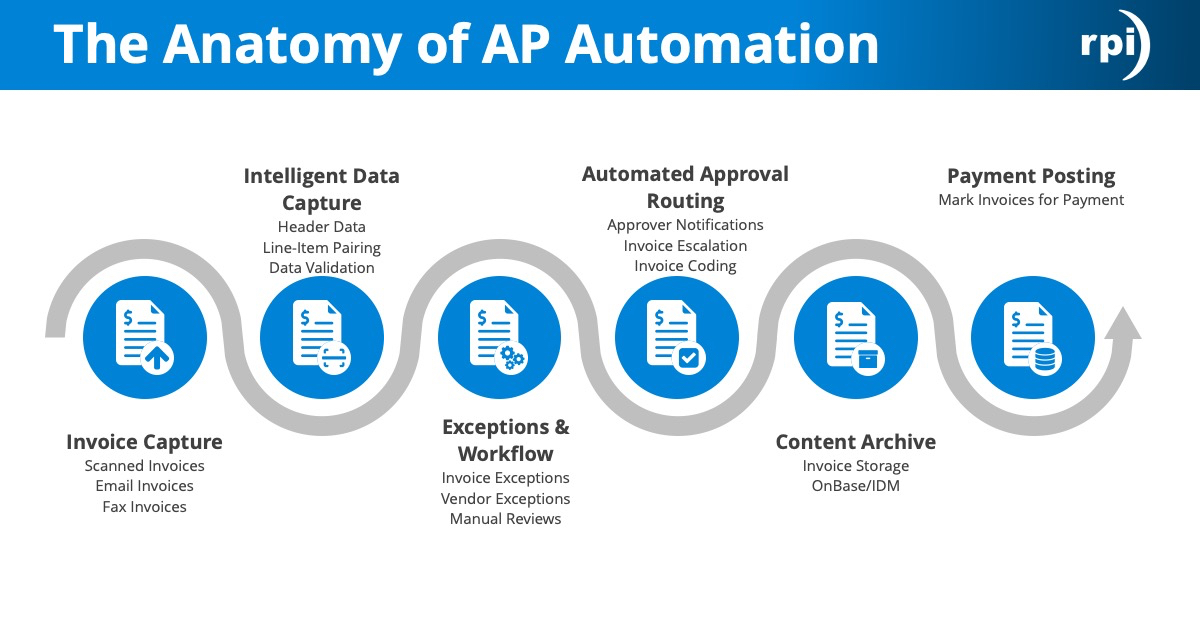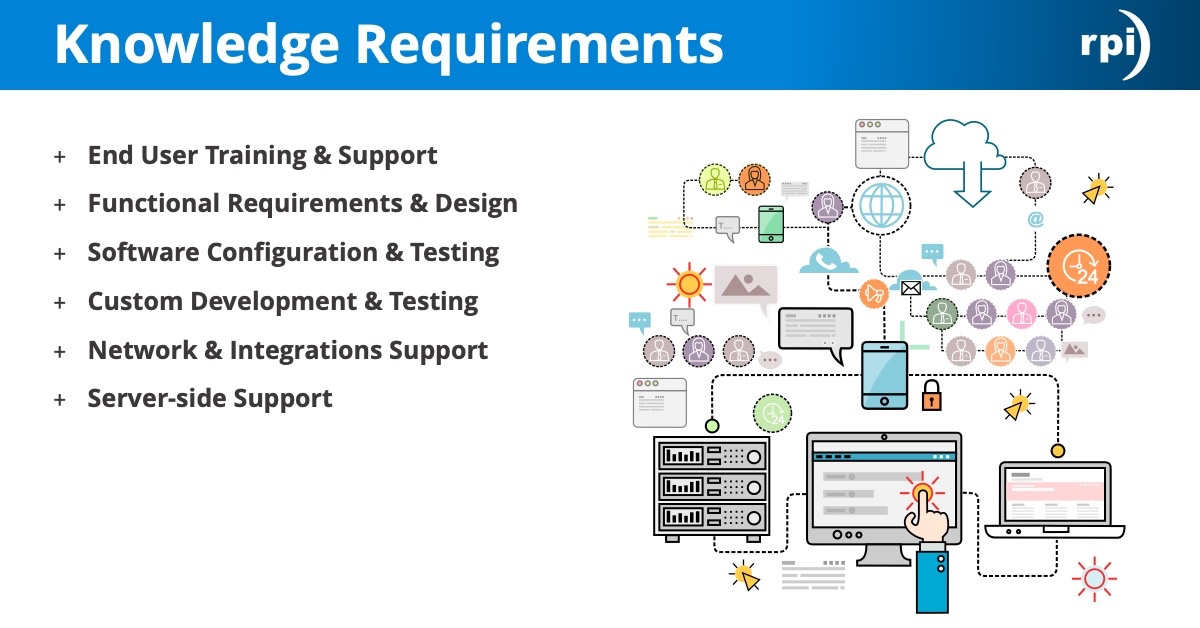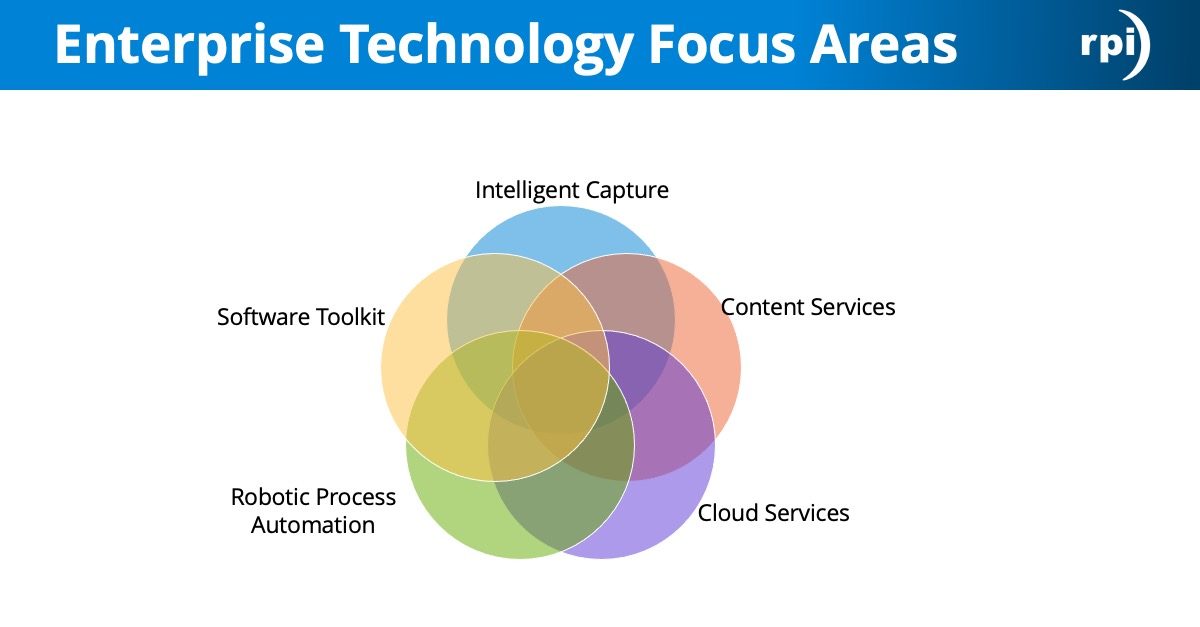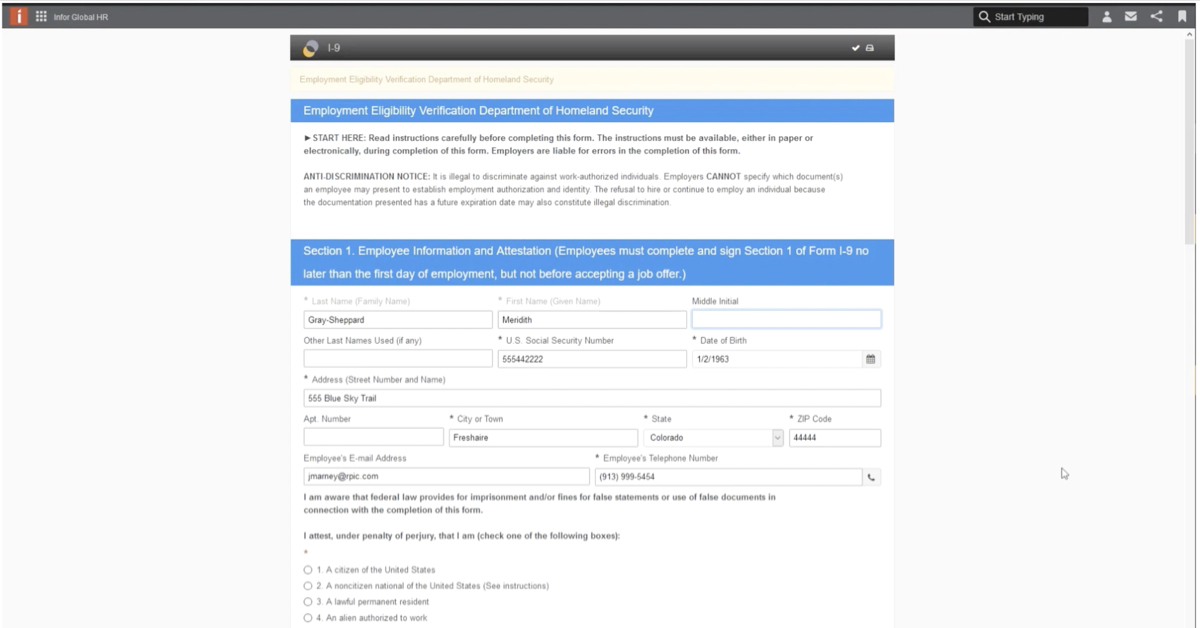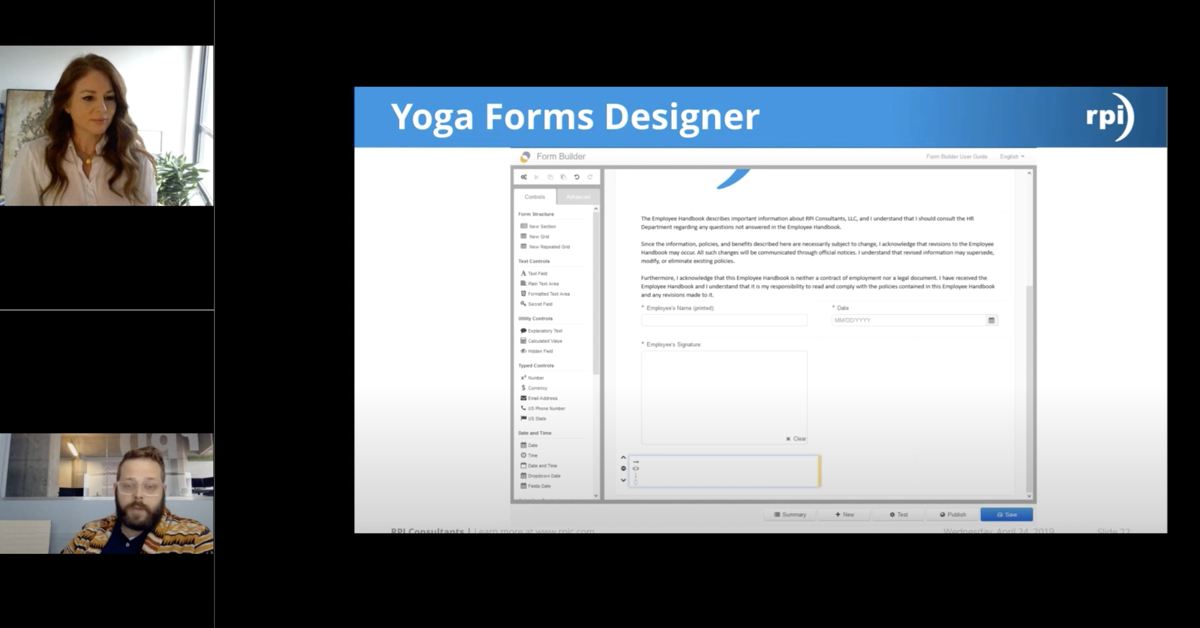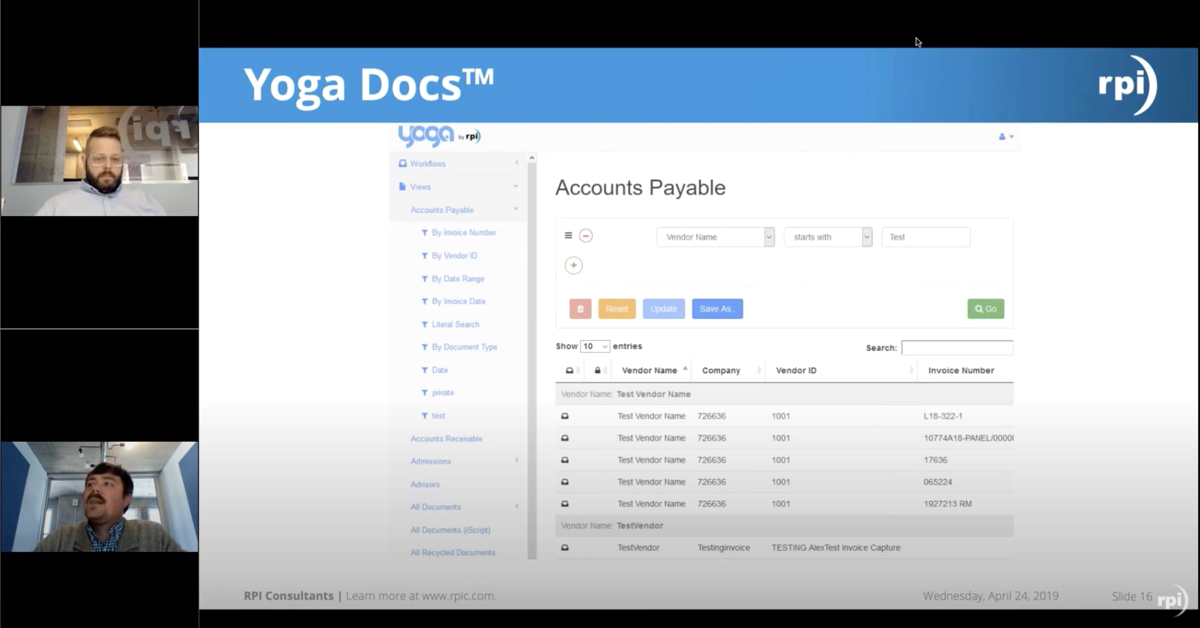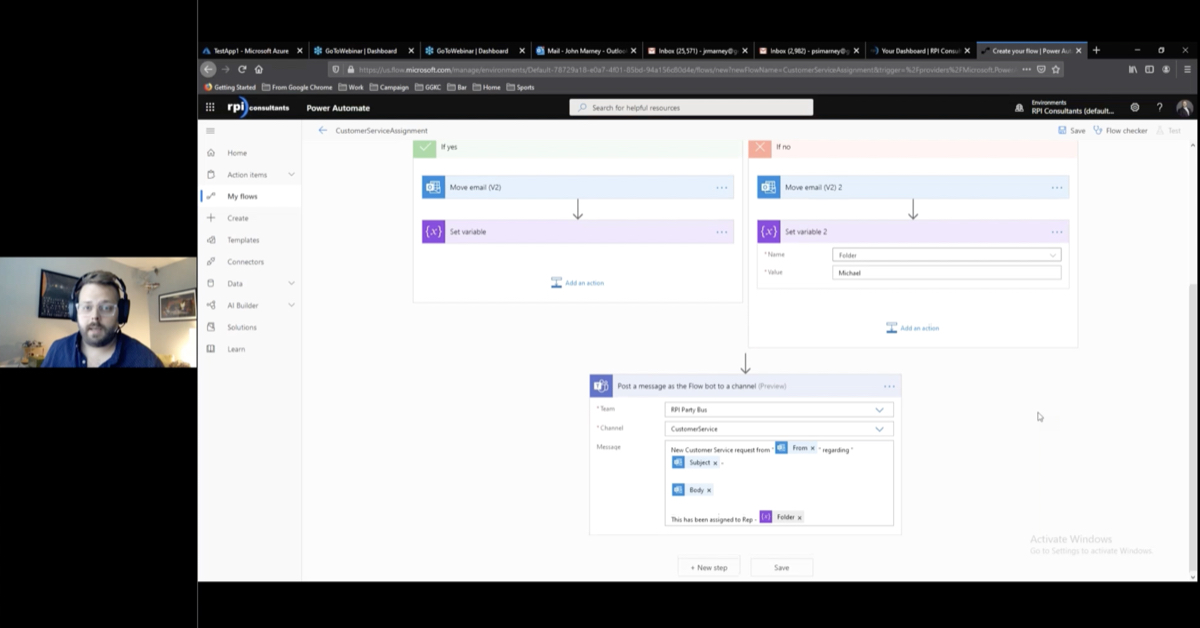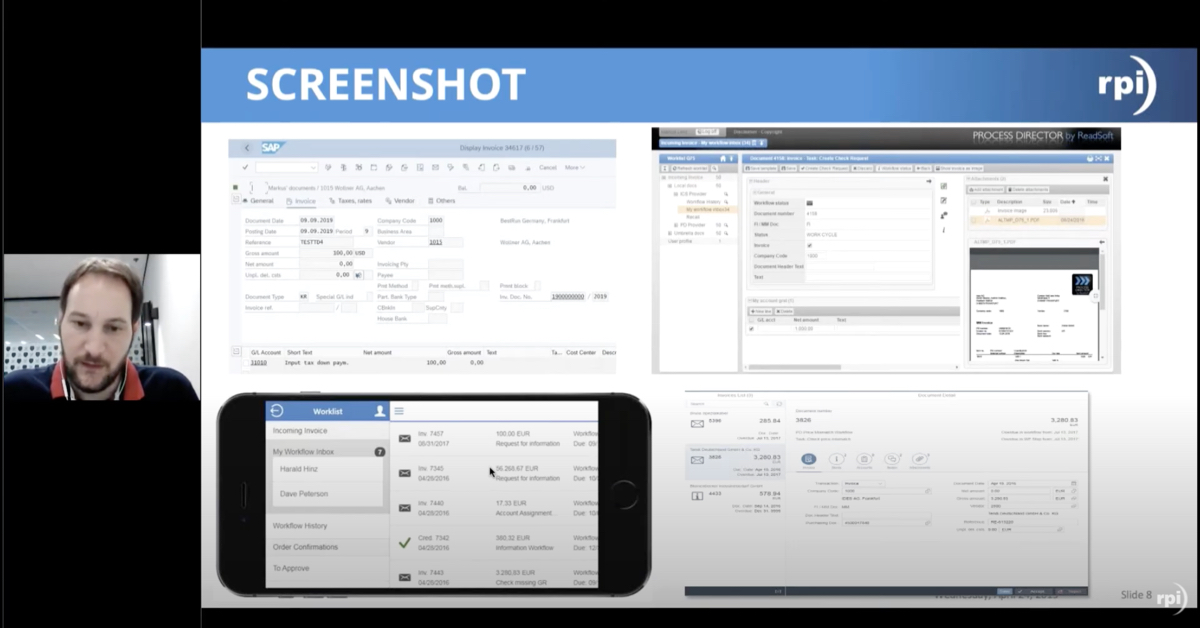Project Management is Sexy
Written by RPI Consultants Partner Justin Braun
I have been a Management Consultant in one way shape or form since 1999. At the ripe age of 22, I was hardly qualified to consult anyone on anything. Now I am fortunate enough to be a partner at RPI Consultants; along with Keith Wayland, Greg Pollard, Richard Stout and Geoff Lilienfeld. I am in charge of our Service Delivery, so it makes sense that I’m the one writing about our experiences with Project Management. The last two years of my career have been focused, primarily, on designing and implementing formal Project Management systems at RPI Consultants. Promulgating this Project Management Office (PMO) to our team and customers has not exactly been easy, but I can honestly say it’s been one of the most rewarding projects of my professional life to date. I am eager to recognize those that have helped, and share what we have learned!
This piece is the first in a series on what we’ve come to understand as Project Management, the RPI way. Our work is far from done, please stay tuned for future installments! We value your partnership, so please, email me at [email protected] with observations, counter-points, or topics you’d like to read about. Enjoy!
After two years working on the RPI PMO, I’ve come to believe two things: 1) The title of this piece is actually quite true, and 2) The RPI Experience for our customers, colleagues and overall company, is improved exponentially when everyone believes it. So let’s start there, because if you don’t think it’s sexy, why the hell would you want it? So at this point, you may be asking yourself “what is this ‘sexy’ he speaks of?”
At RPI, we take our work seriously, but we don’t necessarily take ourselves too seriously. Those that work with me know that when I really like something, I’m prone to call it Sexy with a capital S! And I’m not the only one (Geoff, Stephanie, Logan, you know who you are). To get to the heart of Sexy, let me first caution you to NOT google this word at work – that would be bad. Having already gone down that rabbit hole, I’ll share that Merriam Webster defines it as “Stimulating. Generally attractive or interesting.” Hmmm, that’s nice, but not particularly … ya know.
Alas, somewhere in the middle ground between profane and boring, we find Urban Dictionary, an excellent resource to the contemporary business executive, which nails it: “it’s not a word, it’s an attitude” and “supposed to mean sexually attractive, however recently it has become a word of ambiguous meaning that morons use when unable to think of a better adjective for something they like.” Nice!
So I’m here to pimp PM, and I’m encouraged that most people I’ve encountered along the way – from the customer that “doesn’t need PM time,” to the consultant that “hates to be micro-managed” (and believe me I’ve been both at different times in my career) – everyone is totally into good Project Management. In fact, I thought about naming this article “Good Project Management is Sexy as Hell” – but to me it’s kind of obvious isn’t it? Perfume isn’t Sexy, good perfume is Sexy. Not all food is Sexy, but interesting and well prepared food served with a beautiful bottle of wine in a serene setting, while making eyes at the one you love is incredibly Sexy! You get the point. By the way, this is all very subjective. If you hate perfume no matter what, or if you think cold mashed potatoes are totally hot… so be it!

Alchemy is Sexy!
Paulo Coelho has the right of way on this one: “When we love, we always strive to become better than we are. When we strive to become better than we are, everything around us becomes better too.”
So when we speak of alchemy being Sexy, we speak not of the transformation of base metals into gold, but rather the transformation of a group of individuals into a team capable of achieving amazing things together. How does it work? Nobody knows exactly. There’s no written formula. But if you’re lucky, you’ve either been a part of a highly functioning team, or in love, or both… and you know what it feels like! This is the essence of good Project Management.
Creativity is Sexy!
Albert Einstein probably never graced the cover of Cosmopolitan or even GQ, but his ideas are unquestionably captivating. One of the most respected scientists of all time was talking about intuition when he said “Imagination is more important than knowledge. For knowledge is limited, whereas imagination embraces the entire world, stimulating progress, giving birth to evolution.” One thing everyone seems to agree on – the PMBOK is the antithesis of Sexy. Like Econ 101, the theory is sound, it just doesn’t connect to real life.

Competence is Sexy!
This cannot be overstated. Beyoncé walking down the street is just another beautiful woman. What really makes her Sexy is that she’s amazingly good at what she does, which is singing and dancing. PM’s are Sexy when they do what they do well, which could be a lot of things, often times via email or on a conference call, though rarely singing and never dancing.
Visual Appeal is Sexy
It’s a biological imperative!
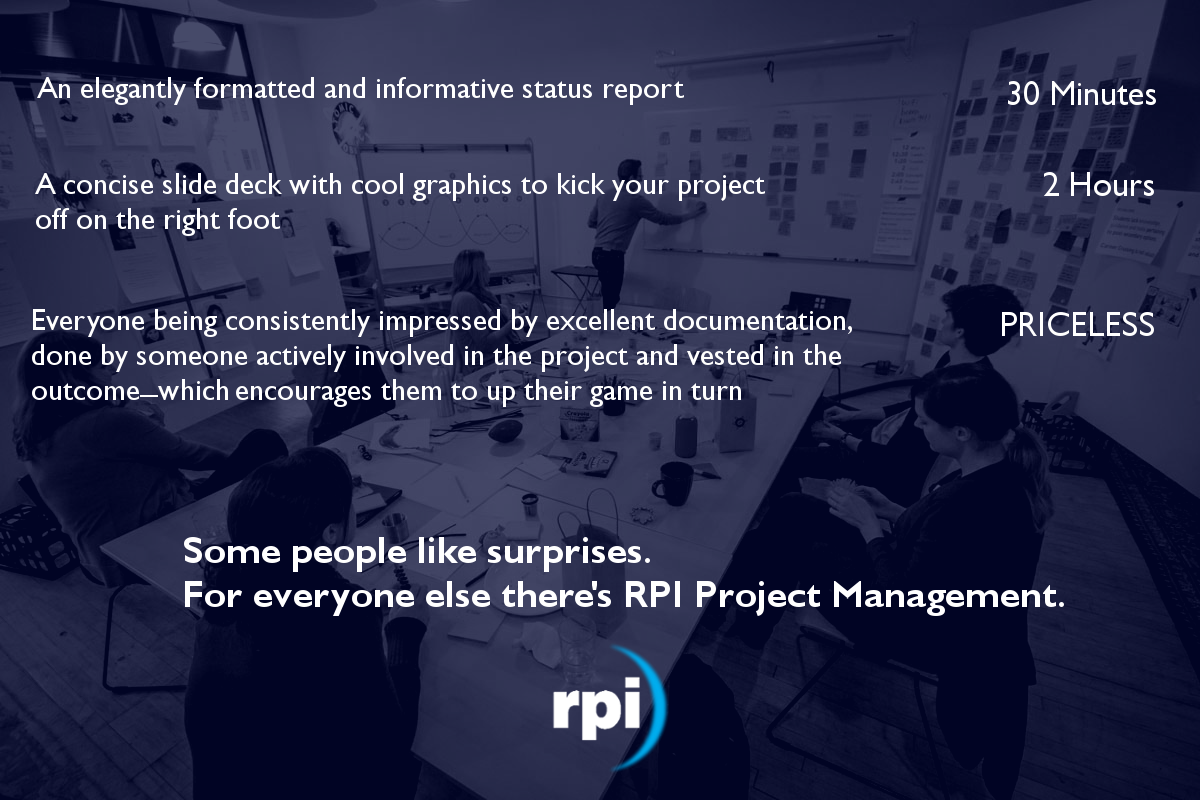
Resources are attractive, resourcefulness is Sexy!
When I met my wife in our early 30’s – she had a great job in the IT field (like me!) and on the side, devising her own ways and means, she had worked hard to assemble a real estate portfolio that included several rental properties. I have to admit, I found her assets attractive (I’m an assets man), but what really got me fired up was how she got it done. Another example that proves the same point, we have a valued team member at RPI who went to Iraq and drove a fricking tank to pay for his college education. That’s what I’m talking about. Project Management is happening when complex requirements are matched to the right resources. RPI Project Managers have lots of great resources to draw from, and what’s really impressive is figuring out how to get the work done efficiently, consistently, and to the highest level of quality.
Control is Sexy!
Oh yeah, we’re getting’ a little risqué here, and no, you will not have to sign a Christian Grey NDA to engage an RPI PM. But let’s face it, all people require structure to succeed – and it’s got to be somebody’s job to create that structure. You know who’s a great PM? Ray Donovan (from the Showtime series of the same name). It’s probably not the title on his business card (my guess is “Fixer” or “Strong Silent Type”) but dude is in con-trol right? He always knows what other people are going to do, before they do it, and he makes accommodations either directly or indirectly to get the outcome desired for his clients.
Endurance is Sexy!
It’s kind of like why most women would agree that, looks aside, Bruce Springsteen is far more Sexy than Axl Rose. Both are great vocalists that made it big around the same age. And let’s all acknowledge that Axl is the lead singer on the best Rock and Roll album of all time. But the Boss is still selling out stadiums 50+ years later because he’s earned 20 Grammy’s and 49 nominations, the first in 1981 and the last in 2013, whereas you couldn’t really count on Axl for much past Use Your Illusion II.
In our craft, we think of endurance as trust, continuity to the client relationship and an assurance that every RPI project is managed to a consistent, continuously improving level of quality and customer service, regardless of its scale. If a customer experiences multiple projects with RPI, as most of our customers do, then our goal is to provide that “staying power” in the PM slot. Our vision, which again is only about two years in the making with the PMO, is that excellence in customer service and Project Management will increase the likelihood that RPI will remain attractive as an implementation partner for the next project, even as the specific project needs and requisite SME skill sets may change.
Butterflies are Sexy!
I am very fortunate to have been involved with many successful implementation projects over the years, and some failures too. There’s a pattern worth sharing with you here, using a butterfly analogy. As we all learned in kindergarten, a butterfly starts as a little egg – which we’ll think of as the SOW or the Project Charter. From the egg hatches a caterpillar, or in project methodology parlance the inching along of installation, system design, and a few rounds of testing. Eventually the caterpillar wants to fly, and the magic happens in the pupa or chrysalis stage, which I like to think of as the user acceptance and readiness assessment phases of work. Go-Live, as the name suggests, brings the butterfly to life. Have you ever had the chance to review the documentation trail of a well-managed project, and find that it actually tells a compelling and informative story of what happened at each step of the project and why? My guess is probably not on most projects. It’s less common than you’d think, at least in my experience. Most organizations rely on memory or anecdotes from team members, which is a shame because 1) turnover happens, and 2) there are serious lessons to be learned from this data for your next project!
Data is so Sexy!
We know our PMO is working because we’re tracking the data. Here’s an example. In 2015 and 2016 RPI was involved in 45 Infor v10 upgrade projects, of various shapes and sizes, representing close to 30,00 hours of consultative service under management. Of these, we have already done additional work with more than 80% of these customers, and over time we expect to see upwards of 95% retention. This is a figure that’s not only a key to our future success as a company, but also something we’re very proud of because from the get go this has been our ultimate measure of success.
Of these projects, the typical project team included more than ten people from the client team, and due to our team-based approach, a typical project may receive inputs from eight or more different members of the RPI team – with various forms of specialization (Landmark/LSF installers, Functional SME’s for Finance, SCM, HCM, PR, ACA, Developers, etc). Can you imagine such complexity without good project management?
I consider these statistics to be a major accomplishment when compared to industry benchmarks, and I am 100% positive we could not have done this nearly as well without a commitment to (and from) our PMO.
But what’s in it for the customer? Glad you asked! As RPI has been able to attain this scale, and because of the structure and feedback mechanisms triggered by our PMO group and shared across project teams, we are able to get much better at what we do, more quickly. For example, if we encounter an issue on your project, and we’ve done 10 or 20 similar projects already, our collective experience makes it much more likely that we have seen your issue before, and will be able to quickly solve it or (better yet) avoid it in the first place. In other words, our customers benefit tremendously and in proportion to the volume of experiences RPI has, which is further accelerated by QA practices within the PMO. Project Management is good for the community!
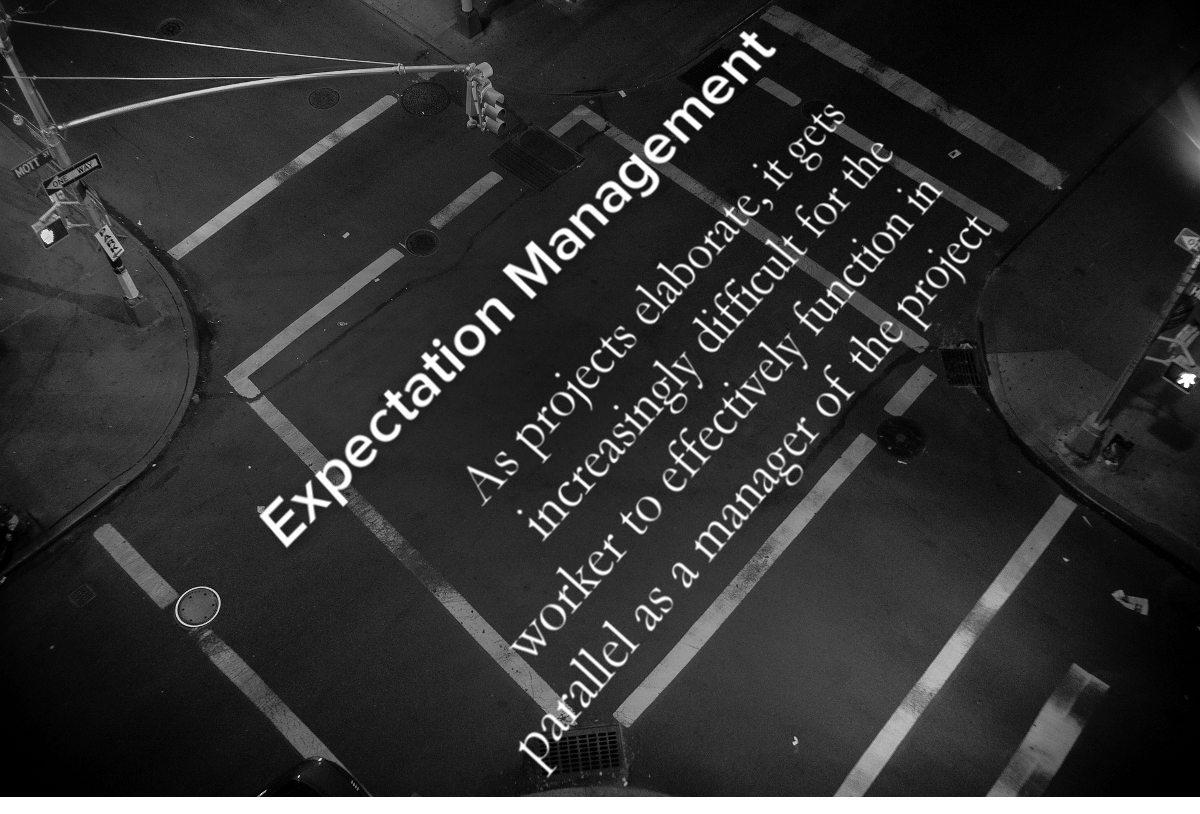
In closing, let me be clear. Every consultant at RPI is expected to practice Project Management. Expectations aren’t particularly Sexy, but they come with the territory. Functional Lead, Senior Tech, SME, Analyst, Developer, Work Estimator, we’re all Sexy little Project Managers – believe it! We work hard to ensure that every RPI Consultant understands the end goal(s) that we’re helping our customers work towards, how our actions impact others, the importance of teamwork, how to effectively communicate, the budget constraints of the project or task, the timeline/dependencies, and the criticality of being accountable to deadlines.
Yeah, deadlines are about as Sexy as working through the weekend while the rest of your family goes to the beach… but I’ve done it. Being the SME, the Team Lead, the Developer, the “go-to” guy or gal – this is hard work all by itself. Add to this the stress of potentially working hard to deliver to the wrong expectation, or chasing some scope that sounds great at the time and will make the users happy but comes with sustainable cost of ownership implications that weren’t fully understood or approved by project leadership. As projects elaborate, it gets increasingly difficult for the worker to effectively function in parallel as a manager of the project.
This is where those that specialize in the dance that is “expectations management” come into play. The core competency here is really the point of this article. It’s best described as the sum of lots of little things that, taken together, make a huge difference. Things like setting clear expectations, keeping spirits up, providing tools, removing roadblocks, not only opening lines of communication but also keeping them open, driving inefficient use of resources and frustration levels down, getting the right information to those empowered to act, and supporting a culture of collaboration and accountability. As RPI has risen to the challenge of ensuring consistency and quality in our services, we’ve been able to scale and improve our ability to better serve our customers because of a dedicated Project Management function.
If you’ve read this far, thank you! Hopefully this was an interesting break from your day! I appreciate the opportunity to share these thoughts with you, and most especially I hope this information has turned you on to the fact that, like seduction itself, Project Management is an art form and it’s Sexy as Hell!
Follow us online for faster access to announcements, knowledge base updates, and upcoming events!
Entire Knowledge Base
All Products, Solutions, & Professional Services
Contact Us to Get Started
Don’t Just Take Our Word for it!
See What Our Clients Have to Say

Denver Health
“RPI brought in senior people that our folks related to and were able to work with easily. Their folks have been approachable, they listen to us, and they have been responsive to our questions – and when we see things we want to do a little differently, they have listened and figured out how to make it happen. “
Keith Thompson
Director of ERP Applications

Atlanta Public Schools
“Prior to RPI, we were really struggling with our HR technology. They brought in expertise to provide solutions to business problems, thought leadership for our long term strategic planning, and they help us make sure we are implementing new initiatives in an order that doesn’t create problems in the future. RPI has been a God-send. “
Skye Duckett
Chief Human Resources Officer

San Diego State University
“Our favorite outcome of the solution is the automation, which enables us to provide better service to our customers. Also, our consultant, Michael Madsen, was knowledgeable, easy to work with, patient, dependable and flexible with his schedule.”
Catherine Love
Associate Human Resources Director

Bon Secours Health System
“RPI has more than just knowledge, their consultants are personable leaders who will drive more efficient solutions. They challenged us to think outside the box and to believe that we could design a best-practice solution with minimal ongoing costs.”
Joel Stafford
Director of Accounts Payable
Aspirus
“Our relationship with RPI is great, they are like an extension of the Aspirus team. When we have a question, we reach out to them and get answers right away. If we have a big project, we bounce it off them immediately to get their ideas and ask for their expertise.”
Jen Underwood
Director of Supply Chain Informatics and Systems
Our People are the Difference
And Our Culture is Our Greatest Asset
A lot of people say it, we really mean it. We recruit good people. People who are great at what they do and fun to work with. We look for diverse strengths and abilities, a passion for excellent client service, and an entrepreneurial drive to get the job done.
We also practice what we preach and use the industry’s leading software to help manage our projects, engage with our client project teams, and enable our team to stay connected and collaborate. This open, team-based approach gives each customer and project the cumulative value of our entire team’s knowledge and experience.




